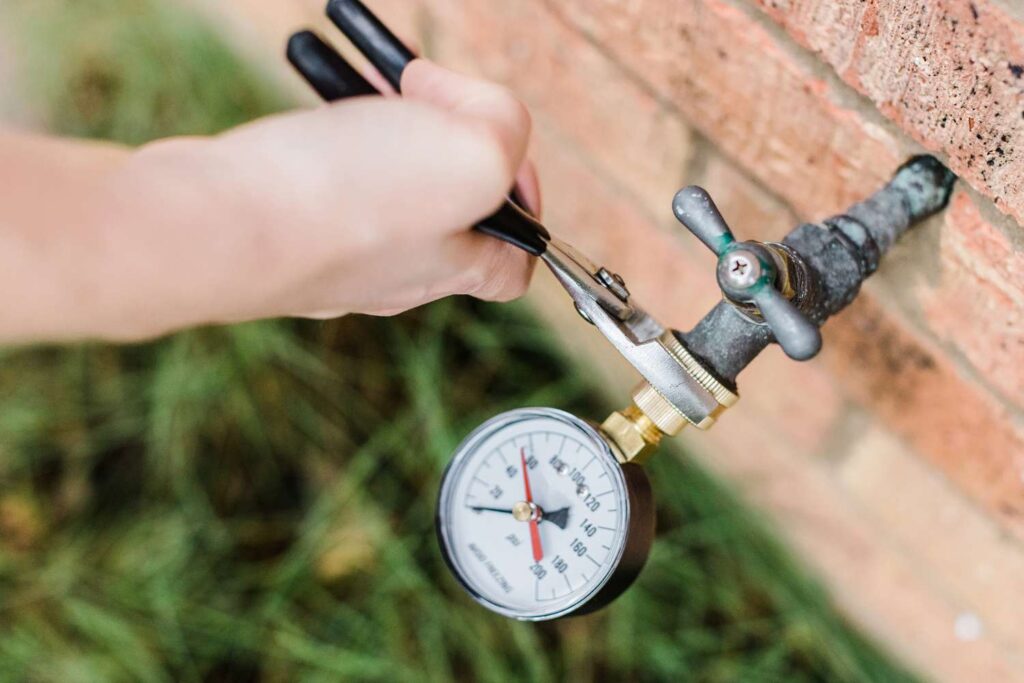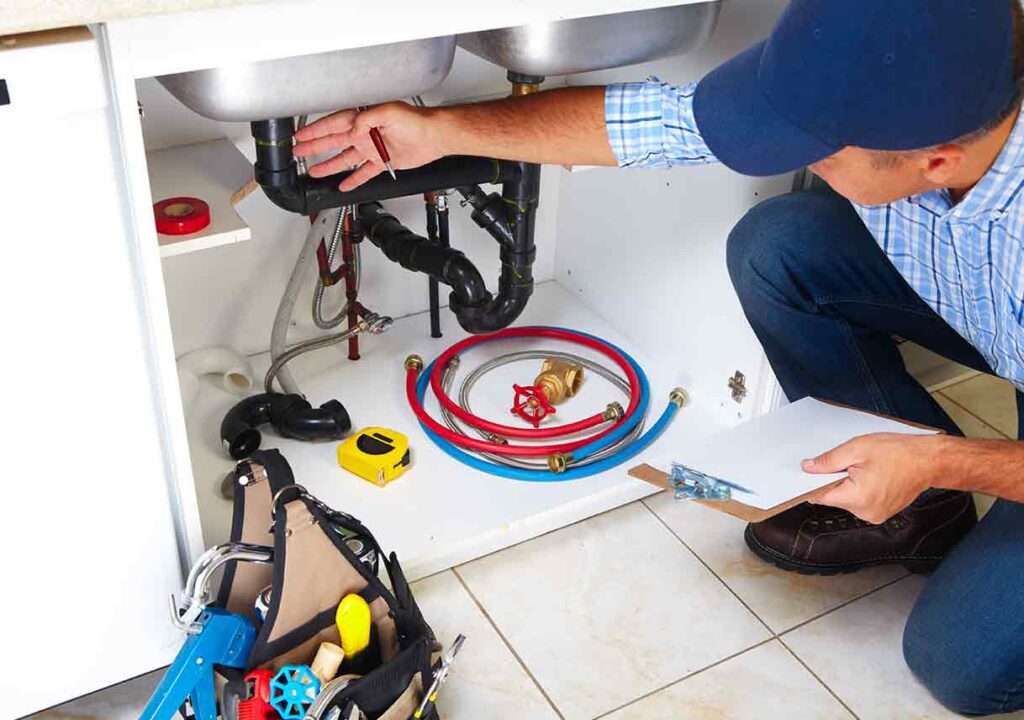The Benefits of Regular Check-Ups for Your Plumbing System
Plumbing is one of those household systems that we often take for granted—until something goes wrong. A leaky faucet, a clogged drain, or a sudden drop in water pressure can disrupt your entire day. While it’s easy to overlook the need for maintenance when everything appears to be working fine, scheduling regular check-ups for your plumbing system can save you time, money, and a whole lot of stress. Understanding the importance of preventative maintenance is key to keeping your plumbing running smoothly and efficiently.

Preventing Costly Repairs Before They Happen
One of the most compelling reasons to schedule regular plumbing check-ups is to avoid expensive repairs. Small issues like minor leaks or slow drains can quickly escalate into major problems if left unaddressed. For example, a leaking pipe hidden within your walls can lead to water damage, mold growth, and structural issues that require costly repairs. During a routine check-up, a licensed plumber can identify potential trouble spots and fix them before they spiral out of control.
These inspections also help in locating hidden leaks that may be increasing your water bill without your knowledge. A drop in water pressure, the sound of running water when no fixtures are in use, or unexpectedly high water bills can all be signs of a hidden leak. Detecting and repairing these issues early keeps your home safe and your wallet intact.
Extending the Lifespan of Your Plumbing Fixtures
Just like any other system in your home, your plumbing needs regular care to last as long as possible. Pipes, faucets, toilets, and water heaters all have lifespans that can be shortened if they’re not properly maintained. Corrosion, sediment buildup, and mineral deposits can significantly impact their performance and durability.
Routine check-ups ensure that each part of your plumbing system is working efficiently. For instance, flushing your water heater during a scheduled visit removes sediment that can reduce its efficiency and lifespan. Checking seals and connections can prevent long-term wear and tear that might otherwise lead to premature failure of your plumbing fixtures.
Improving Water Quality and Efficiency
Regular plumbing maintenance not only protects your hardware but also improves your home’s water quality. Over time, pipes can corrode and collect rust or mineral deposits, which may leach into your water supply. This is especially common in older homes with outdated plumbing systems. A plumber can assess your pipes and suggest upgrades or cleanings to maintain healthy water for you and your family.
Additionally, these check-ups ensure that all plumbing components are functioning at optimal efficiency. Water-saving fixtures and updated appliances reduce your environmental footprint while also lowering your monthly utility bills. A well-maintained system uses less water and energy, helping you do your part for the planet without sacrificing comfort.
Ensuring Code Compliance and Home Value
Homeowners often forget that plumbing systems must comply with local building codes. If your home’s plumbing was installed incorrectly or hasn’t been inspected in years, you might be out of compliance—especially if you plan to sell your home or do renovations. Regular inspections by a certified professional can ensure that your plumbing meets current standards and prevent complications during a future sale or remodel.
In addition, a well-maintained plumbing system boosts your home’s resale value. Prospective buyers appreciate knowing they won’t need to invest in costly upgrades or emergency repairs. A documented history of regular check-ups shows diligence and care, making your property more attractive and potentially increasing its market value.
Avoiding Emergency Situations
Emergency plumbing problems are not only expensive but also inconvenient and stressful. Imagine a pipe bursting in the middle of the night or your water heater failing on a freezing morning. These situations are not only disruptive but can also cause serious damage to your home.
Regular maintenance greatly reduces the likelihood of these scenarios. By catching small problems before they evolve into emergencies, you avoid unexpected disruptions and expensive after-hours service fees. Peace of mind comes with knowing your plumbing system is in good hands and less likely to betray you at the worst possible moment.
Maintaining Indoor Comfort and Safety
Plumbing is directly tied to your comfort and safety at home. Hot showers, clean drinking water, and functional toilets are daily necessities that contribute to your quality of life. A malfunctioning plumbing system can compromise these comforts and, in some cases, pose health risks. For example, a broken sewer line can lead to contamination and foul odors, while a faulty water heater might cause scalding water or even gas leaks.
Routine check-ups can ensure that your home remains a safe and comfortable place to live. Plumbers inspect all key components, including pressure valves, pipe integrity, and drainage systems, ensuring everything works as it should. They can also offer advice on modern upgrades or eco-friendly improvements that enhance your home’s plumbing infrastructure.

Supporting a Healthy Environment
Many people are unaware of how much water is wasted through inefficient plumbing systems. A dripping faucet or a constantly running toilet may seem like minor annoyances, but they can waste thousands of gallons of water each year. Regular plumbing inspections help identify and correct these inefficiencies, reducing your environmental impact.
Furthermore, old plumbing materials like lead pipes can leach contaminants into your water, posing a threat to both human health and the environment. Regular maintenance allows you to replace outdated materials with safer, more sustainable alternatives, contributing to a healthier home and planet.